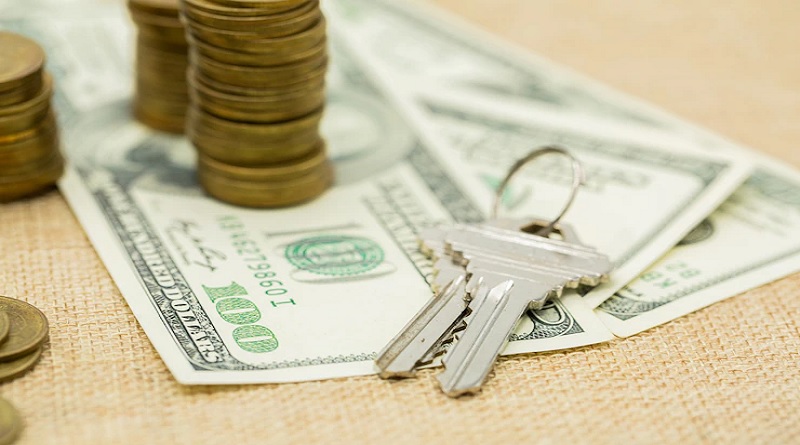HOW DOES THE DOWN PAYMENT AFFECT A MORTGAGE?
“According to what I understand, a home buyer who makes a 20% down payment is exempt from having to get mortgage insurance. I paid a 20% down payment of $48,000 for a $240,000 home, but I was informed that I must acquire mortgage insurance since I chose to finance $6,000 in closing expenses, making the loan $198,000 rather than $192,000. Why is that?”
You’re conflating the down payment with the amount of money you invested in the deal. Due to settlement charges, the down payment is lower.
The down payment is the sum of the loan balance (in dollars) minus the value of the property. In your situation, a $240,000 value minus a $198,000 loan leaves only $42,000 for a down payment. Since that represents 17.5% of the value of the property, mortgage insurance is required.
The formula for calculating the down payment is 1 minus the loan-to-value ratio in percentage figures (LTV). In your situation, the $198,000 loan represents 82.5% of the $240,000 market value. Consequently, this is how the down payment is calculated:
1 – 0.825 = 0.175, or 17.5%
“Financing settlement fees” on a purchase transaction is meaningless because doing so is the same as paying the settlement charges in cash and borrowing a greater portion of the sale price. You would have needed the same loan of $198,000 if you had paid the $6,000 in cash out of your $48,000.
Mortgage insurance regulations and many underwriting guidelines are based on the LTV rather than the down payment to avoid this kind of misunderstanding. Instances where the LTV is greater than 80% necessitate mortgage insurance. This prevents any misunderstanding over what counts as a down payment and is the same as obtaining insurance when the down payment is less than 20%.
Financing settlement expenses on a refinance transaction make sense because it results in a larger loan than would have otherwise been the case. For instance, if you wish to refinance after a few years when your loan debt is $190,000, the new loan might be for $190,000 or it could be for $190,000 plus the closing charges. But keep in mind that whether you must pay mortgage insurance on the new loan depends on whether the amount of the new loan, including settlement expenses, is more than 80% of the property’s current market value or not.
“I managed to buy a house for $200,000 that has been appraised for $245,000. Can the difference of $45,000 be counted as my down payment?”
No. The sale price or appraised value, whichever is smaller, is the property value used to calculate the down payment and the LTV. The sole exception to this is when the seller gives the buyer, who is nearly invariably a relative, a gift of equity. The lender will accept the assessment as the valuation in this instance because they understand that the house is being priced below the market. In such circumstances, the majority of lenders will call for two evaluations and accept the lowest of the two.
“We own a piece of land and plan to build a house on it. In this case, can we use the land as the down payment?“
Yes. The lender will assess the finished house on your lot if you have owned the property for a while; the difference between the appraisal and the cost of building will be considered your contribution.
For instance, the property is considered to be worth $40,000 if the builder charges you $160,000 for the house but the appraisal values it at $200,000. In this instance, a $160,000 loan would have a 20% down payment, or an 80% LTV.
But if you only recently bought the land, the lender won’t give it a higher value. For instance, if you just paid $30,000, the lender would value it at that amount, making your down payment only 15.8%.








